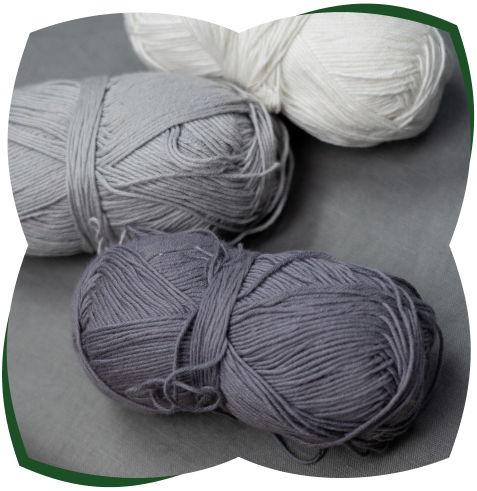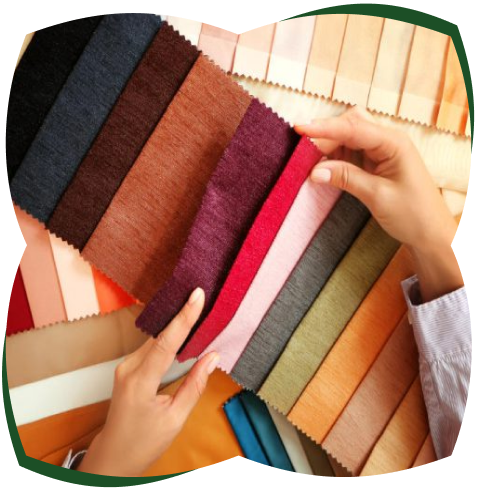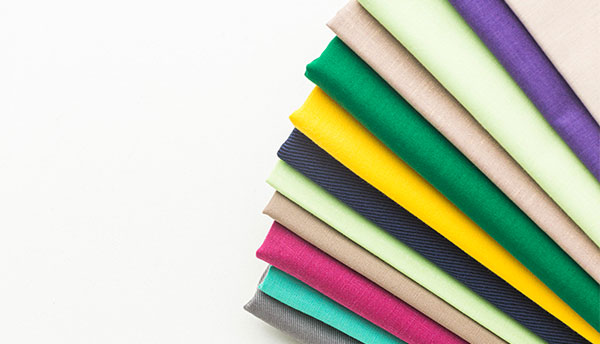Textiles Exports
Yarns
We provide a wide range of premium yarns made with natural fibers, synthetic fibers, and their blends, as one of the leading exporters of textile yarns in the world.Our yarns are all ethically sourced and are subjected to an extensive testing process to ensure commitment to supplying as per the required quality specifications. We take immense pride in delivering premium quality yarns in order to satisfy consumer needs.
1) Ring Spun Yarns
- 100% Cotton and blended with Polyester and Viscose
- Carded Yarns,
- Combed Yarns,
- Compact Yarns,
- Eli Twist Yarns,
- Ne 12s to Ne 60s for Knitting & Weaving.
- 100% Cotton, Blended with Polyester and Viscose,
- Yarns made with Recycled Fiber Yarns,
- Ne 12s to Ne 60s for Weaving and especially for Denims.
- Ring Spun Yarns Twisted with Multi-Ply,
- With increased Strength, Evenness, and Uniformity,
- Ne 12s to Ne 40s for Knitting and Weaving.


Fabrics
Neeva offers the highest-quality woven and knitted textiles in greige and dyed. We specialize in Manufacturing Denim Fabrics, Chinos, Cotton Twil, Poplins, and Plain Weave, with 100% cotton as well as, blends of Poly and Lycra.We aim to offer consistent quality with zero defects on finished fabrics to our customers. With our team of Fabric professionals, we have better product insights and meet all the quality expectations of our privileged customers.
1) Woven Fabrics
- Denim Fabrics
- Cotton Twill,
- Bottom Weight Fabrics,
- Plain Weave,
- Chinos and
- Poplins
- Single and Double Jerseys,
- Single and Double Pique Knit Fabric,
- Polo Pique Knits
- French Tery,
- Interlock Knits
Yarns
Textile yarns are continuous strands of fibers used in the production of fabrics, textiles, and other woven or knitted products. Yarns can be made from various materials, including
natural fibers, synthetic fibers, or a blend of both. The type of yarn used can greatly influence the characteristics of the resulting fabric, such as its strength, appearance, texture, and performance properties.

Fabrics
Fabrics are materials made by weaving, knitting, or bonding fibers together to form a flexible and cohesive sheet. They are a fundamental component of textiles and are
used to create a wide range of products, including clothing, home furnishings, accessories, and industrial textiles. Fabrics can be made from various types of fibers, both natural and synthetic, and can have different properties and characteristics based on their composition and construction.
